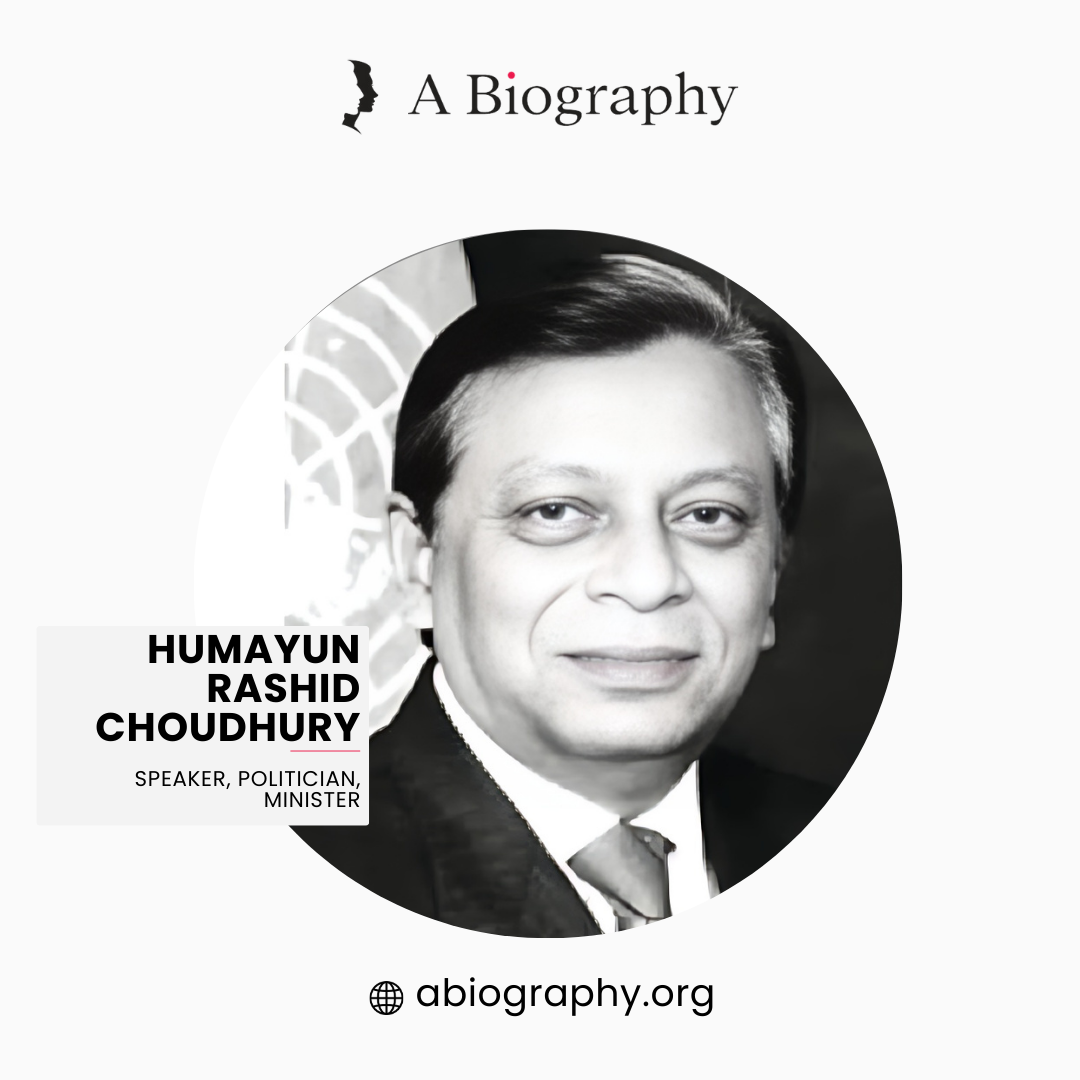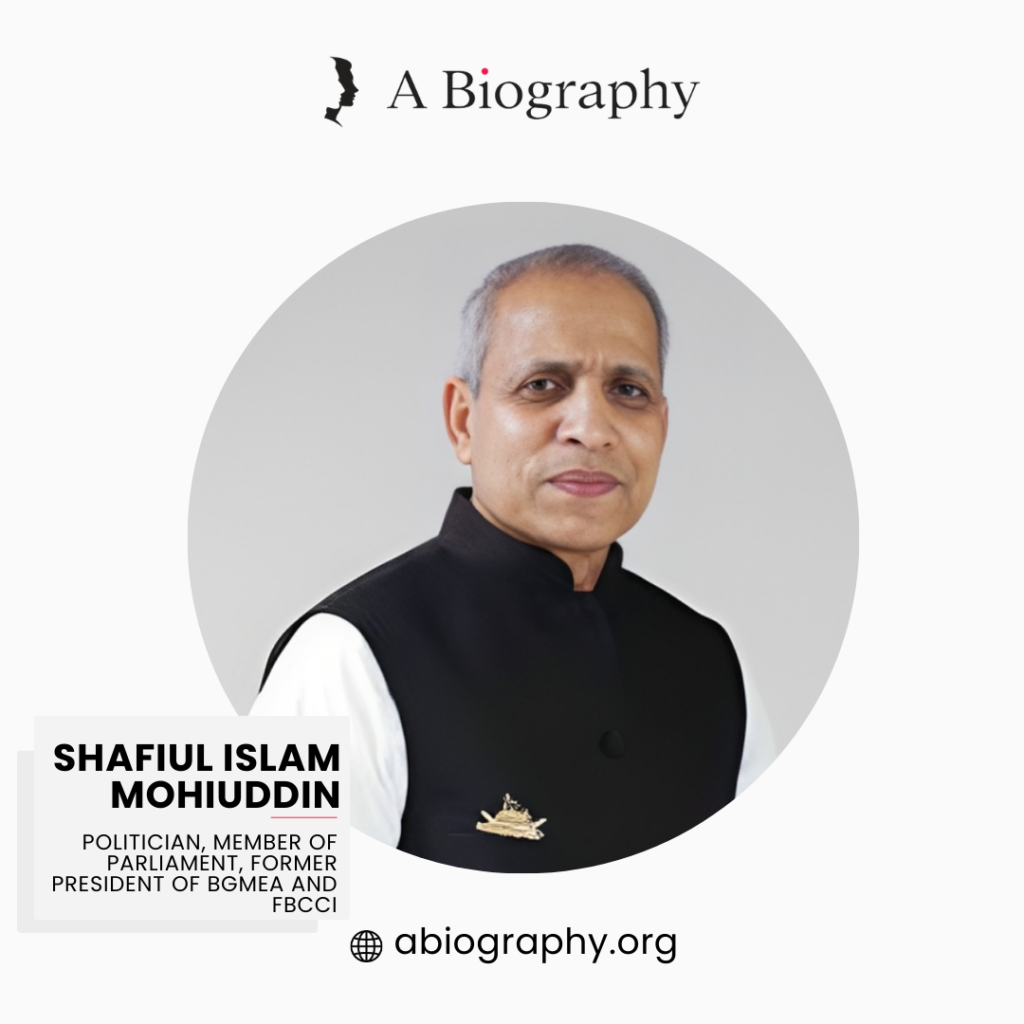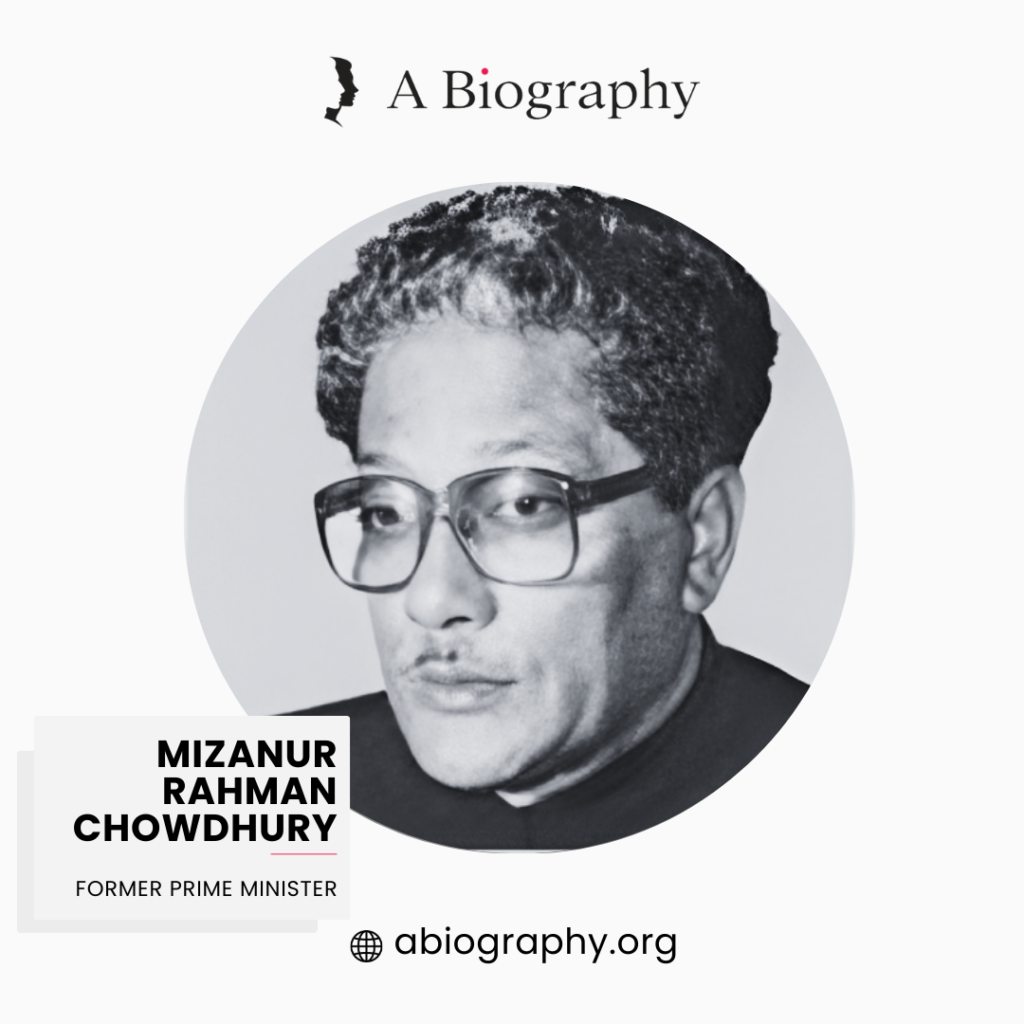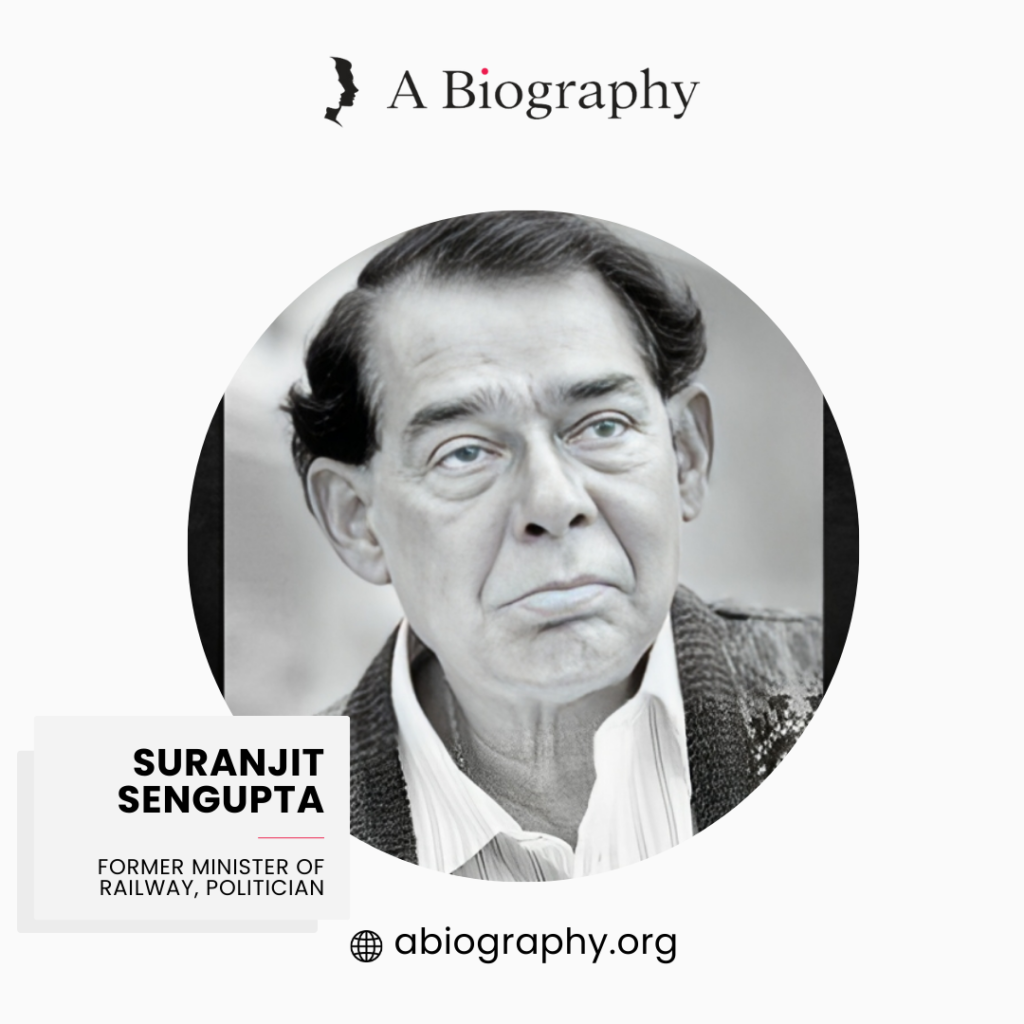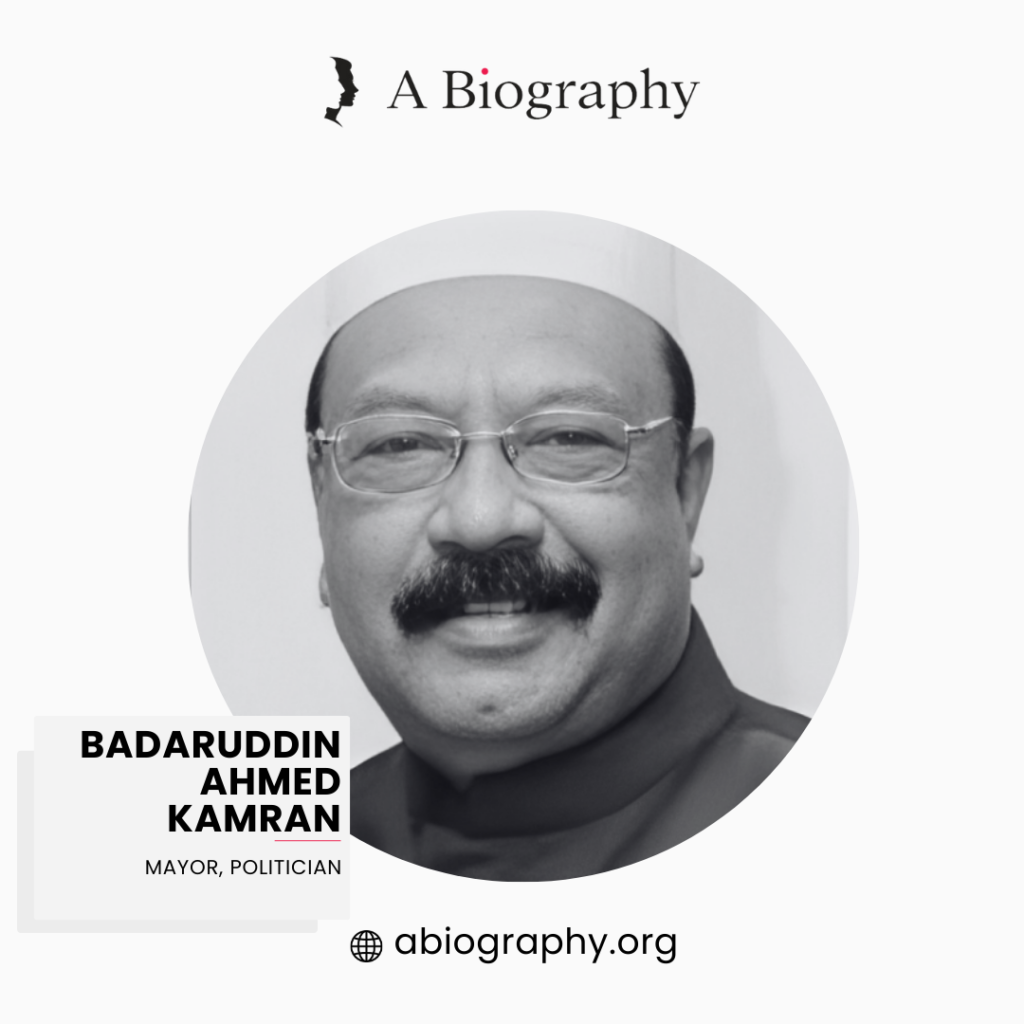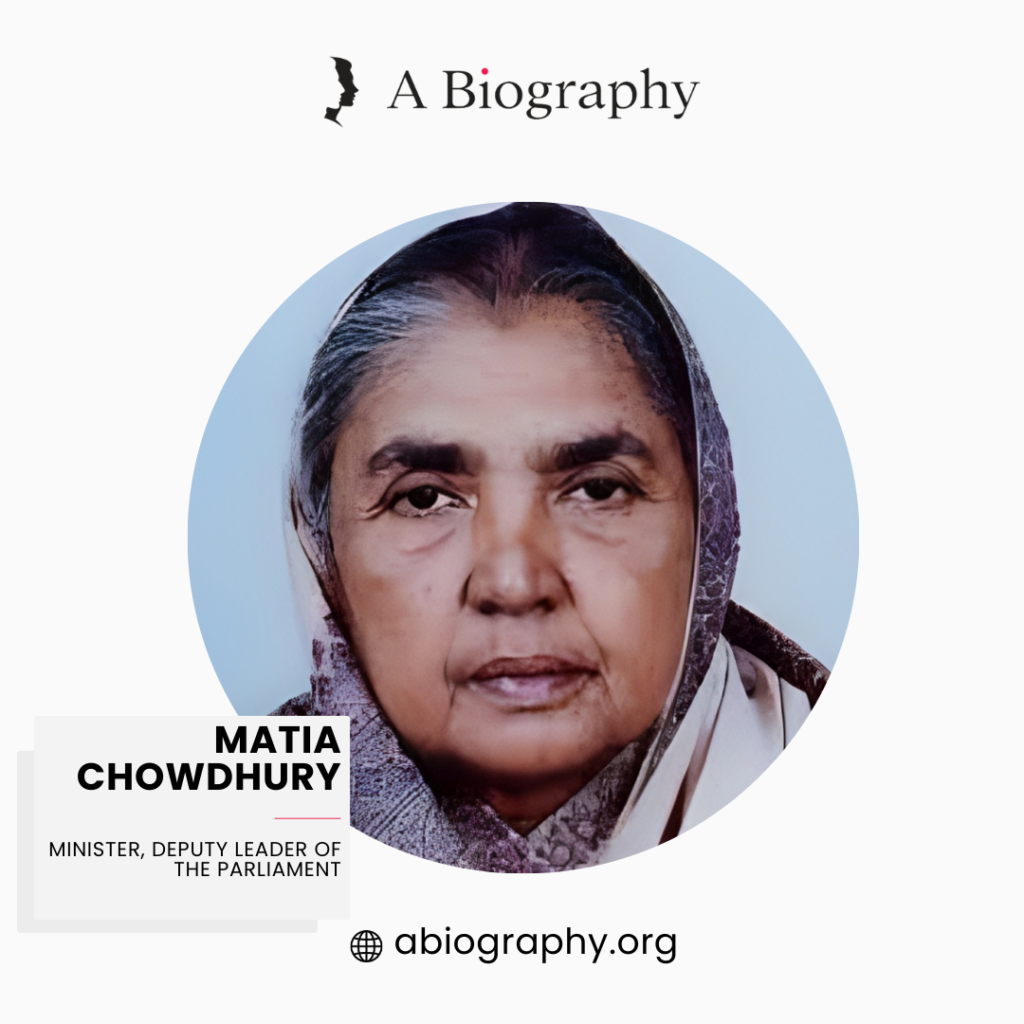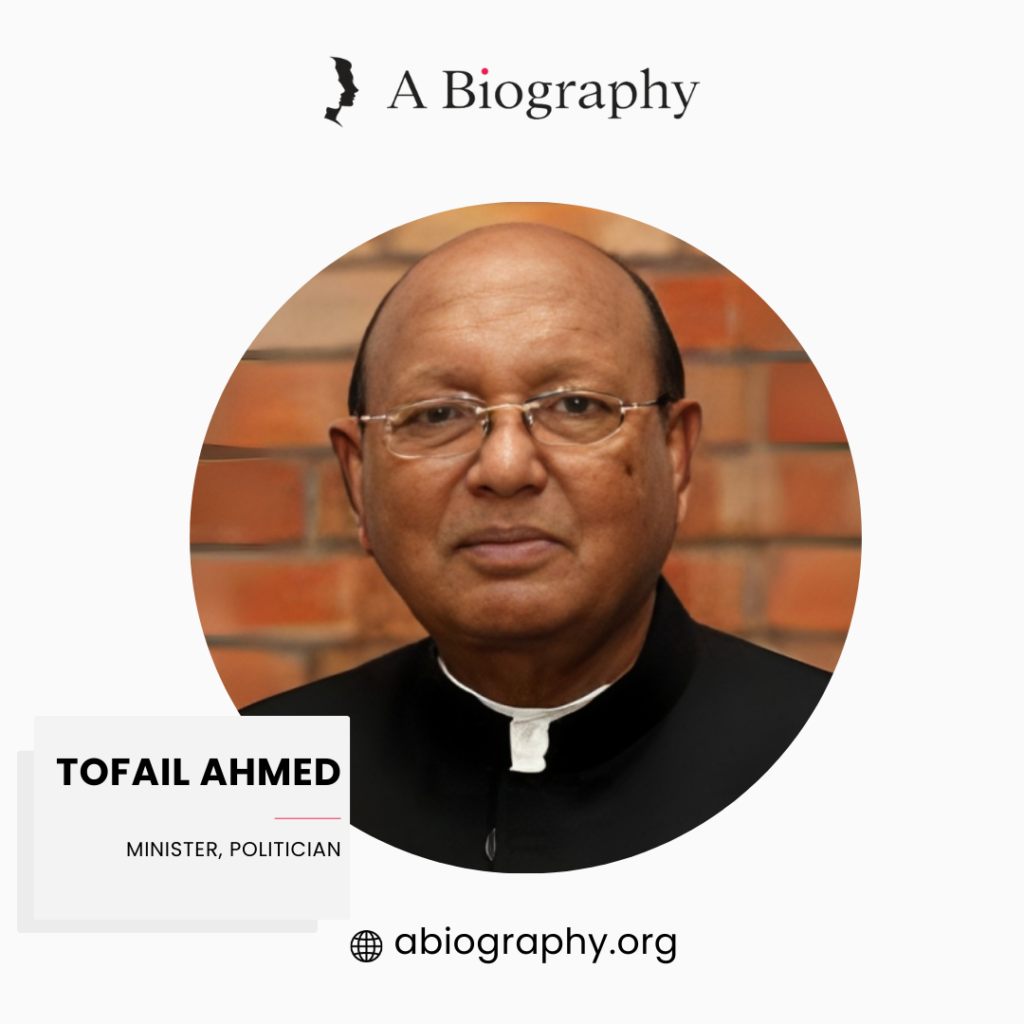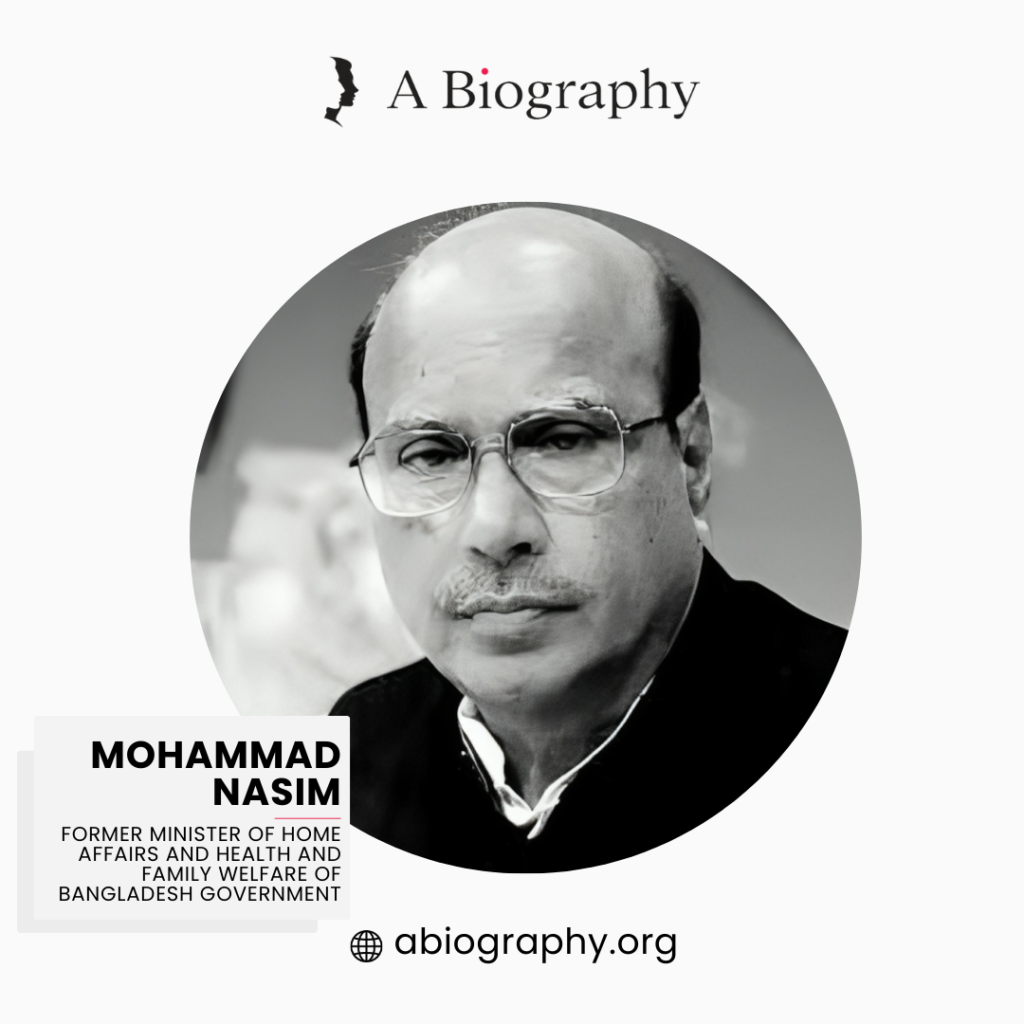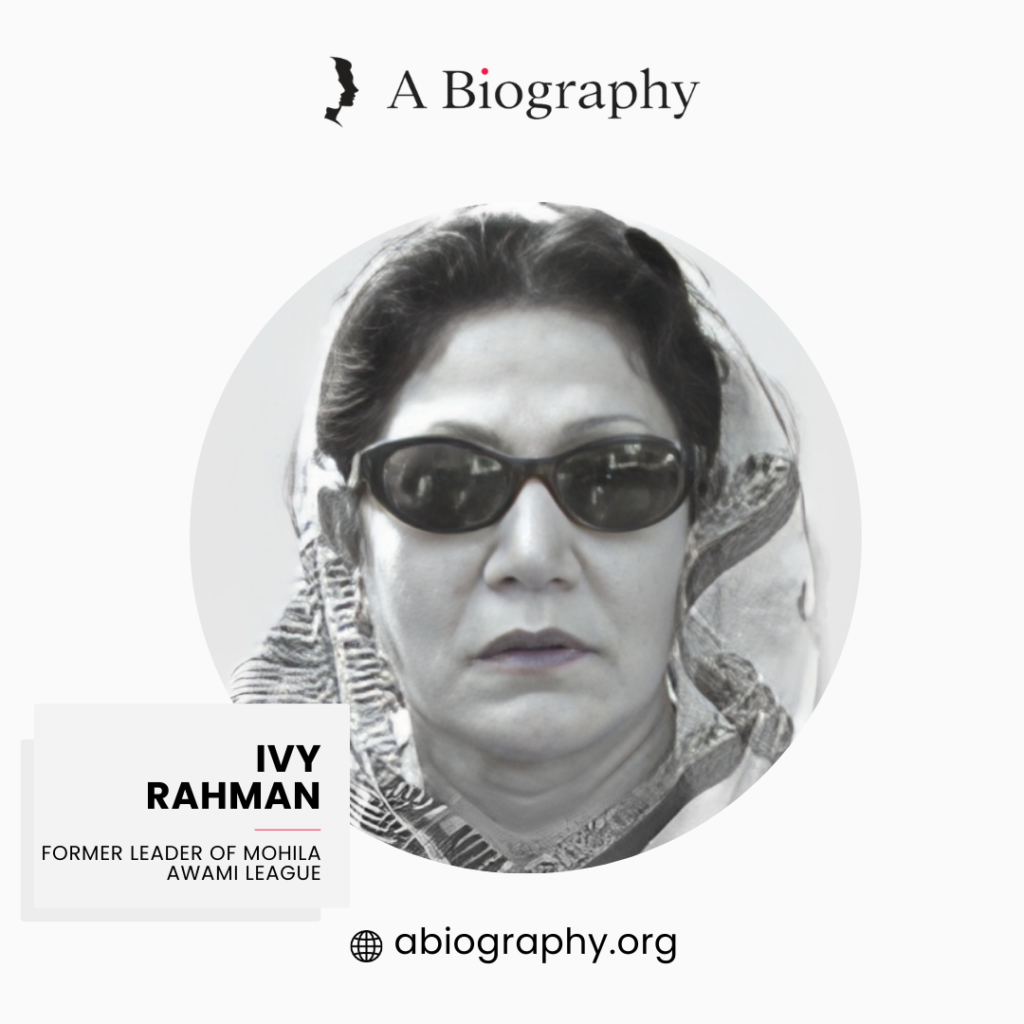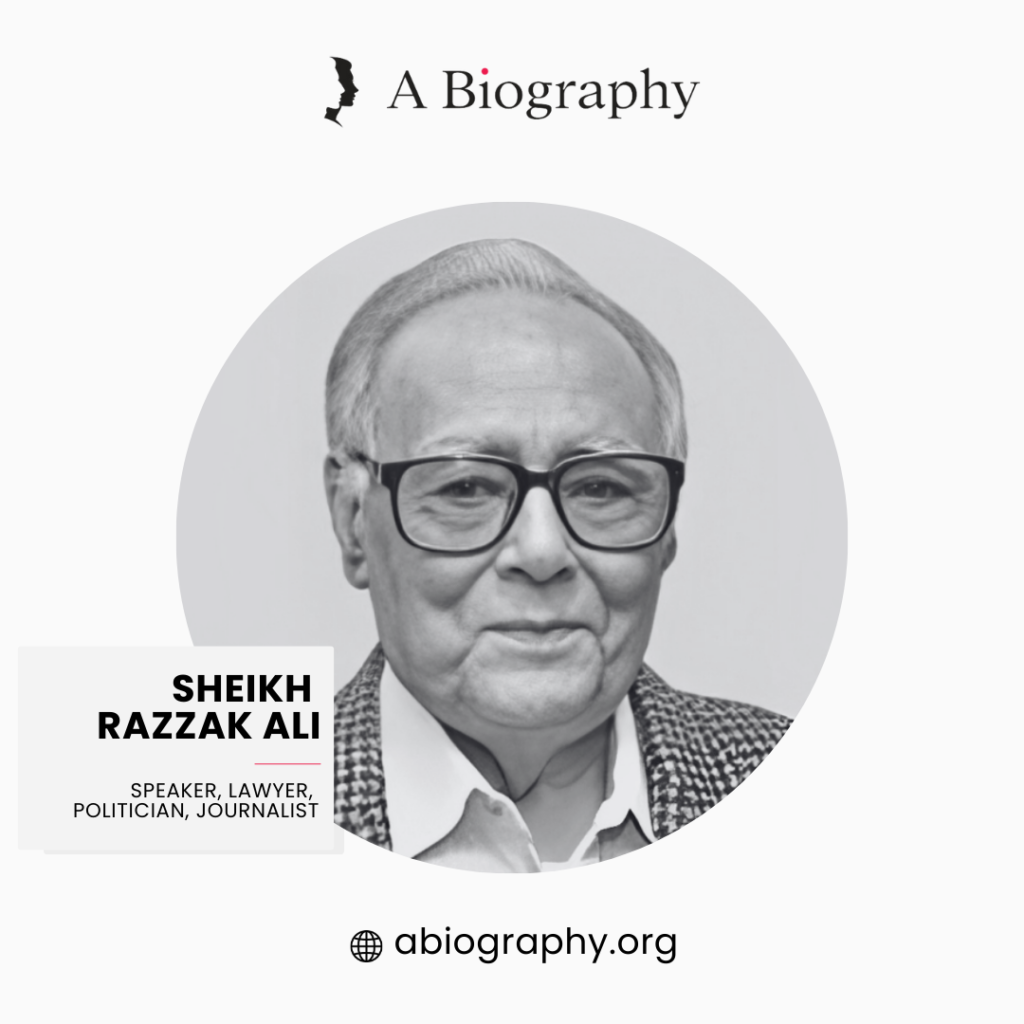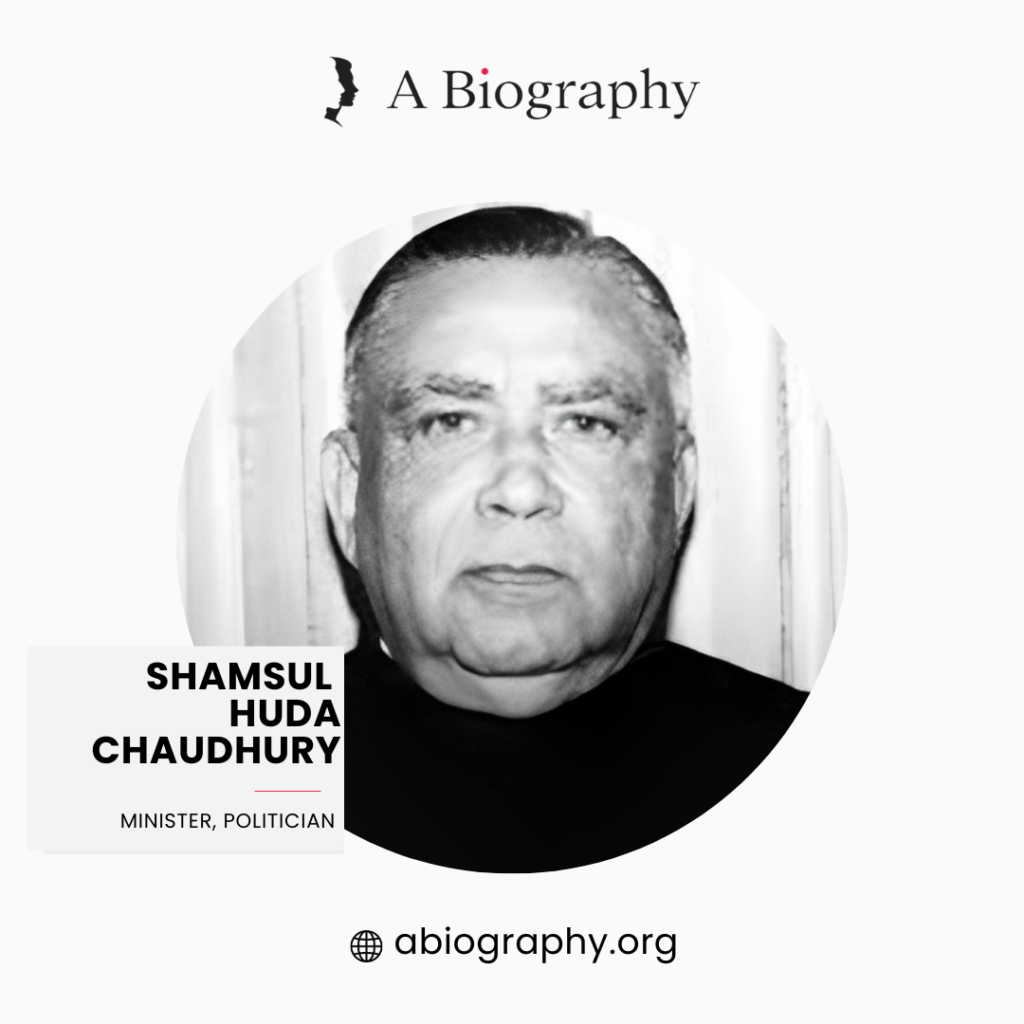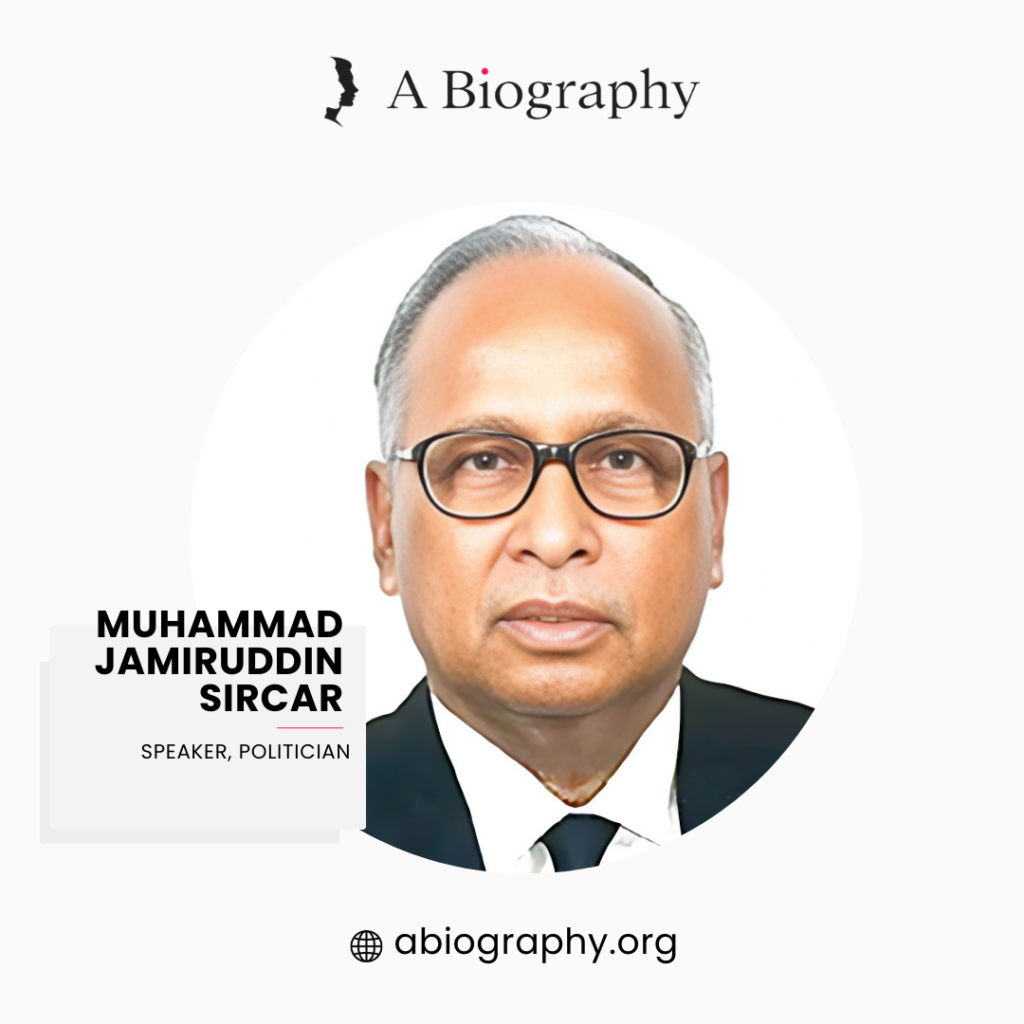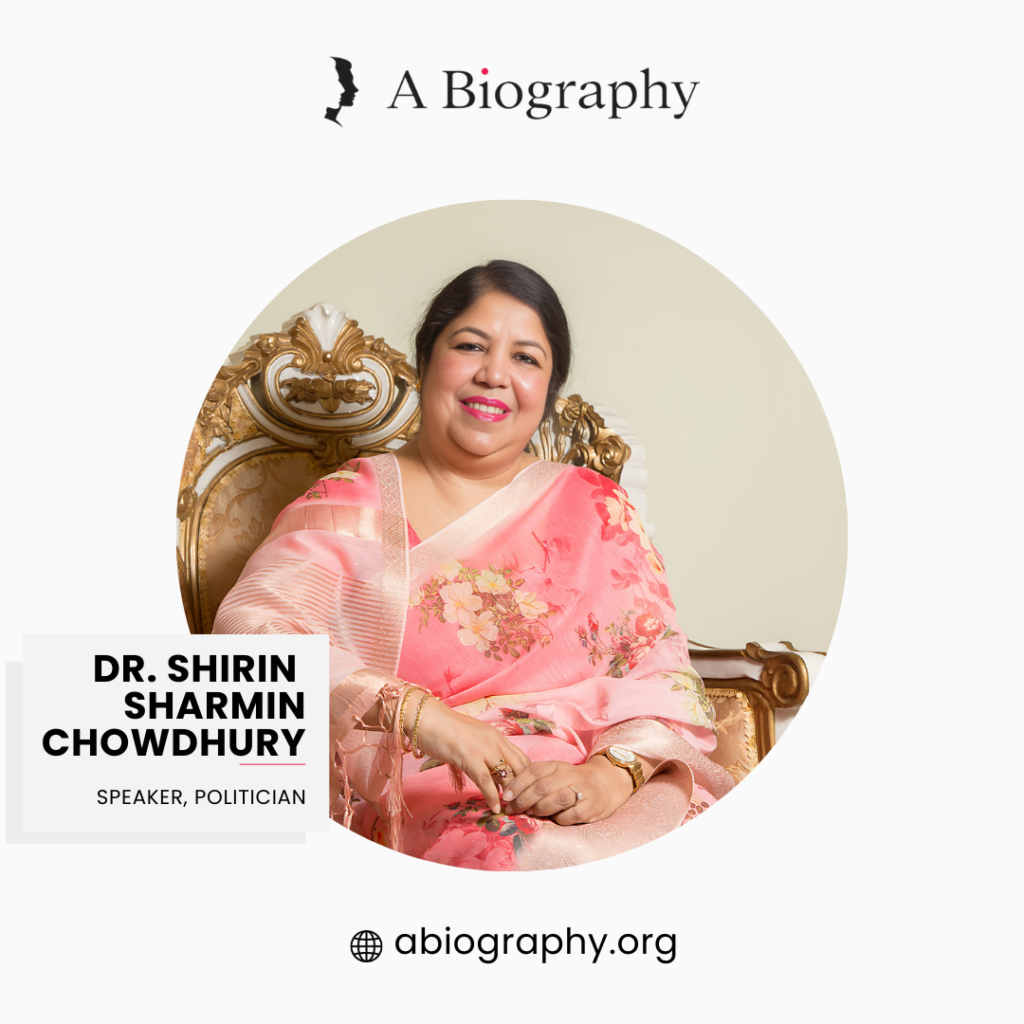BIOGRAPHY OF HUMAYUN RASHID CHOUDHURY
Speaker, Politician, Minister
November 11, 1928 – July 10, 2001
Table of Contents
ToggleIntroduction
Humayun Rashid Chowdhury is an internationally renowned Bangladeshi politician and diplomat. Very few politicians and diplomats have had such acceptance in the international arena. He is a great administrator, a visionary public representative, a shrewd diplomat, and a progressive politician. Humayun Rashid Chowdhury is a rare name in Bangladesh whose Intelligence, responsibility, generosity, eloquence, courtesy, and strong personality established him as a magnetic statesman. Humayun Rasheed Choudhury can be introduced to younger generations from a variety of perspectives, including his student life, diplomatic career in Pakistan, contribution to the War of Liberation, foreign service career in Bangladesh, humanism demonstrated after the 15 August tragedy, role as an elected accessible representative from Sylhet-1 constituency, election as President of the 41st UNGA session, and achievements as a successful Speaker of Bangladesh Parliament.
Life of "Humayun Rashid Choudhury" At a Glance
◉ Real Name: Humayun Rashid Choudhury (known as HRC among his colleagues in Bangladesh)
◉ Date of Birth: November 11, 1928
◉ Date of Death: July 10, 2001
◉ Father Name: His father, Abdur Rashid Chowdhury, was a member of the Union Legislative Assembly of undivided India
◉ Mother Name: His mother, Sirajun Nesha Cheidhuri, was a member of the National Assembly of Pakistan
◉ Siblings: Faruk Rashid Chowdhury (brother)
◉ Profession:
➢Pakistan Foreign Service in 1953 (Held various diplomatic assignments in Rome, Baghdad, Paris, Lisbon, Jakarta, and New Delhi)
➢Defected to the Provisional Government of Bangladesh during the Bangladesh Liberation War in 1971.
➢Became the first Bangladeshi Ambassador to the Federal Republic of Germany in 1972, with concurrent accreditation to Switzerland, Austria, and the Holy See.
➢Served as the first Permanent Representative of Bangladesh to the International Atomic Energy Agency (IAEA) and the United Nations Industrial Development Organisation (UNIDO).
➢Appointed as the Ambassador of Bangladesh to the Kingdom of Saudi Arabia in 1976, with concurrent accreditation to Jordan and Oman.
➢Represented Bangladesh in the Organisation of the Islamic Conference.
➢Held the position of Foreign Secretary of Bangladesh during 1981–1982.
➢Appointed as the Ambassador of Bangladesh to the United States in June 1982.
➢Member of Parliament from 1986 to 1990.
➢Elected as a member of the National Parliament in 1996 as a nominee of the Bangladesh Awami League.
➢Speaker of the Jatiyo Sangsad (14 July 1996–10 July 2001)
➢Member of Parliament Sylhet-1 (1996–2001)
➢Minister of Foreign Affairs (1984–1985)
➢President of the United Nations General Assembly (1986–1987)
◉ Place of Birth: Rashid Manjil, Sylhet
◉ Place of Death: Dhaka
◉ Education:
➢Diploma degree from the ‘Institute of International Relations’ in London
➢Fletcher School of Law and Diplomacy in Massachusetts
➢English Bar (member of the Inner Temple in London)
➢Aligarh Muslim University (1947)
➢Sylhet Government Alia Madrasa High Madrasah Section and secondary education in Assam
◉ Experience and Ranking:
➢Served as the first Permanent Representative of Bangladesh to the International Atomic Energy Agency (IAEA) and the United Nations Industrial Development Organisation (UNIDO).
➢Attended various international conferences and meetings, representing Bangladesh at the United Nations General Assembly, Islamic Summit Conferences, Islamic Foreign Ministers’ Conferences, and other diplomatic gatherings.
➢Led Bangladesh’s delegations to bilateral meetings with India, addressing border issues, Ganges water sharing, maritime boundary demarcation, and regional cooperation.
◉ Religion and Worldview: Islam He was fluent in Bengali, English, Urdu, French, Italian, Arabic, Spanish, Portuguese, German, and Indonesian.
◉ Native Language: Bengali
◉ Married to Mehjabeen Choudhury (1931–2018).
◉ Children:
➢Daughter- Nasrine R. Karim (1949–2010)
➢Son- Nauman Rasheed Choudhury (1950–2017).
◉ Awards received:
➢Independence Day Award (2018), Bangladesh Government (posthumous)
➢The U Thant Peace Award (2000)
➢Mahatma Gandhi Peace Prize (1984) by the University of William and Mary, Virginia, United States
Early Life
Humayun Rashid Chowdhury was born on November 11, 1928, in Rashid Manjil, Dargah Gate, Sylhet city. His native place is Dargapasha village in Sunamganj. Before the partition of India in 1947, his father, Abdur Rashid Choudhury, was a member of the Lok Sabha in undivided India. His mother, Begum Sirajunnessa Choudhury, was a member of Pakistan’s Central Legislative Assembly. His highly educated family taught him skills that would aid him later in life, both as a diplomat in the international arena and as an elected political figure from the Sylhet-1 seat. His family reprimanded him at one point because he wanted to be an actor like Dilip Kumar, and he left Kolkata during his undergraduate years to pursue an acting career without informing anybody. Actor Dilip Kumar, as well as contemporary star Amitabh Bachchan, had long piqued his interest. He met Dilip Kumar on many occasions and praised his great acting abilities. Humayun Rashid Chowdhury, as a son of Sylhet, has established his family tradition and status well. He will also be remembered as one of his nation’s most accomplished career diplomats.
Education
Humayun Rashid Chowdhury started his primary education at the Sylhet Government Alia Madrasa. Later admitted to Shillong. After completing his secondary education in Assam, he received his graduation degree from Aligarh Muslim University in India in 1947. He later studied at the English Bar and became a member of the Inner Temple in London. His years in college were quite eventful. He attended St. Edmund School and College in Shillong, Meghalaya. Then he enrolled at Aligarh Muslim University for undergraduate and postgraduate studies. He subsequently travelled to London to study law, where he became involved in student politics and was elected President of the Pakistan Muslim Students Union, beating Zulfiqar Ali Bhutto. Bhutto was beaten by him diplomatically in a hotly disputed election. During the election debate, Humayun Rashid Chowdhury displayed his Pakistani passport and convinced the students to request Zulfiqar Ali Bhutto’s passport. Bhutto, in turn, displayed his Indian passport, which he was still holding. The Pakistani student community became enraged and voted against ZA Bhutto, allowing Humayun Rashid Choudhury to be elected President of the Pakistan Students Union in the United Kingdom. He holds a Diploma from the Institute of International Relations in London. He also earned a bachelor’s degree from the Fletcher School of Law and Diplomacy in Massachusetts. He was the president of the Pakistan Students’ Union in Great Britain and Europe. In that context, he was able to organise the first Asian Students’ Conference in the UK.
Professional Career
In 1953, Choudhury embarked on an illustrious career with the Pakistan Foreign Service. Embarking on a distinguished diplomatic career with Pakistan, he has held various esteemed assignments in Rome, Baghdad, Paris, Lisbon, Jakarta, and New Delhi. People at the Pakistan Foreign Ministry at the time used to tell various tales regarding him. He used to hunt for Bengali people eager to join the Pakistan Foreign Ministry while he was the Director (Personnel). He would invite them to the Foreign Ministry and provide them with appointment letters. In this way, he appointed a large number of Bengalis. In 1959, Bangabandhu Sheikh Mujib visited Italy as Second Secretary in Rome. Awami League leader Zahir Uddin accompanied him. Pakistan Constituent Assembly members. Pakistan was about to purchase expensive Italian rice. Humayun Rashid Chowdhury alerted Bangabandhu that Sri Lanka was purchasing cheap rice from Italy. Pakistan had to withdraw the deal once Bangabandhu came home, which triggered a Parliamentary uproar.
Humayun Rashid Chowdhury was moved from Indonesia to India in 1971, and he became the senior-most Bengali diplomat in the Pakistan Embassy in India. During the 1971 liberation fight, he resigned from the Pakistan Embassy and declared his support for the Bangladesh government in exile. Later, he served as a liaison between the Indira Gandhi administration and the Bangladesh government in exile. It was Humayun Rashid Chowdhury who uncovered in 1971 the plot concocted by Khandker Mushtaq and Foreign Secretary Mahboob Alam Chashi to crush the spirit of the Independence War by proposing a confederation of East and West Pakistan. He immediately informed Prime Minister Tajuddin Ahmed, who promptly removed Mushtaq and Secretary Chashi from their positions. Humayun Rashid Chowdhury used to go over the border to support freedom fighters, letting them know that the battle was also being waged on the diplomatic front. During the liberation struggle, particularly in the run-up to and after our independence, he negotiated with the chiefs of missions from over 34 foreign nations to obtain their recognition of the new Bangladesh. Humayun Rashid Chowdhury was also pleased to receive Bangabandhu Sheikh Mujibur Rahman as the Head of Bangladesh Mission in India on January 10, 1972, when he was travelling through Delhi on his homecoming voyage after being freed from prison in Pakistan.
In 1972, he was selected as Bangladesh’s Ambassador to West Germany with the task of obtaining economic and technical aid from Germany. During his term of service in Bonn, Humayun Rashid Chowdhury maintained regular contact with Chancellor Willy Brandt, and under his guidance, he developed a particular friendship with the next Chancellor, Helmut Kohl. Through his tireless work, Humayun Rashid Chowdhury completed the agreement between Bangladesh and Germany on economic and technological cooperation. Germany agreed to provide 70 million US dollars for the restoration of war-torn Bangladesh. Along with his position as Bangladesh Ambassador to the Federal Republic of Germany while also holding concurrent accreditation to Switzerland, Austria, and the Holy See. As the inaugural Permanent Representative of Bangladesh to both the International Atomic Energy Agency (IAEA) and the United Nations Industrial Development Organisation (UNIDO). In 1975, in a selfless act of bravery, Choudhury provided refuge to Sheikh Hasina as well as Sheikh Rehana at his Bonn residence following the tragic assassination of Sheikh Mujibur Rahman.
Sheikh Hasina and Sheikh Rehana happened to be in Belgium when Bangabandhu Sheikh Mujibur Rahman’s family was assassinated, which eventually spared their lives since they were not in the country at the time. Their status outside of Bangladesh was unknown. Surprisingly, Bangladesh’s Ambassador to Belgium, Sanaul Haque, declined to offer Sheikh Hasina and Sheikh Rehana protection during that vital period. In this desperate situation, Humayun Rashid Chowdhury risked his own life to provide safety to Bangabandhu’s two daughters in West Germany. Ambassador Humayun Rashid Chowdhury went above and beyond to ensure their safety and security on their journey to India. The choice to provide Sheikh Hasina and Sheikh Rehana with sanctuary infuriated the murderers. As a result, they devised a plan to assault Humayun Rashid Chowdhury by withdrawing him as ambassador and returning him to Bangladesh. He was then returned to Bangladesh and assigned as an Officer on Special Duty (OSD), which he maintained for 11 months.
During that difficult period, Humayun Rashid Chowdhury and his wife, Begum Mahzabeen Chowdhury, provided their warmest hospitality and generosity to the two sisters. They provided a kind and caring sanctuary, which left an indelible effect on both the Prime Minister and Sheikh Rehana. Sheikh Hasina and her sister will remember this unique gesture of kindness from those tough days for the rest of their lives. The newly published documentary ‘Hasina: A Daughter’s Tale,’ dedicated to Prime Minister Sheikh Hasina, details this incredible occurrence.
Choudhury was nominated as Bangladesh’s first Ambassador to the prestigious Kingdom of Saudi Arabia in a historic event in 1976. Furthermore, he obtained dual accreditation in Jordan and Oman. He got the privilege of representing Bangladesh at the prestigious Organisation of the Islamic Conference during this noteworthy assignment. Experienced the leadership of Bangladesh’s previous Foreign Secretary from 1981 to 1982. In June 1982, he was appointed to the important position of Ambassador to the United States. He has attended several high-level international conferences and summits as a renowned member and leader of his country’s delegations. The United Nations General Assembly, the Islamic Summit Conference in Taif, Saudi Arabia, and several Islamic Foreign Ministers’ Conferences in Tripoli, Dakar, Fez, Morocco, Islamabad, and Baghdad are among them. He also attended the North-South Summit on International Cooperation and Development, which was held in Cancun, Mexico. His knowledge and diplomatic abilities were especially useful during meetings of the Islamic Summit-level Peace Committee, when he played a vital role in settling disagreements between Iran and Iraq. He also made major contributions to the special sessions on Afghanistan and Jerusalem, which were held in Islamabad and Amman, respectively. He established close ties with Saudi Arabia, opened the Saudi labour market to Bangladeshi workers, and provided Bangladesh with a stable stream of revenue. Foreign Secretary from Saudi Arabia to Dhaka (1981–82) He served as Bangladesh’s US Ambassador from 1982 until 1984. From 1985 until 1988, he served as Bangladesh’s Foreign Minister and Advisor.
Humayun Rashid Chowdhury was elected Sylhet-1 MP in 1986 and 1988. He founded Shahjalal University of Science and Technology (SUST), freed the territory surrounding Hazrat Shahjalal (RA)’s mazar from taxes, and constructed the Kumargaon electricity Station with French aid to improve Sylhet’s electricity condition. From 1996 until 2001, he worked tirelessly in parliament to advance Sylhet. Sylhet Division development initiatives included renovating Sylhet Osmani Airport to an international airport, constructing a new railway station, hiring additional primary school teachers, and constructing and enhancing road networks. In 1986, Humayun Rashid Chowdhury was the first Bengali leader to preside over the 41st UNGA session. His UNGA chairmanship was outstanding. The United Nations changed that year. Humayun Rashid Chowdhury greatly supported the development of underprivileged countries.
During his presidency, the UNGA enacted Resolution 41/128 with the Declaration on the Right to Development on December 4, 1986. The Declaration was the UN’s most recent attempt to establish a normative framework for tackling underdevelopment, one of the world’s most serious challenges. It was prompted by the United Nations Charter, the Universal Declaration of Human Rights, and the anti-colonial struggle. He aided Bangladesh’s participation in international peacekeeping operations. Humayun Rashid Chowdhury advocated for the repeal of the Indemnity Ordinance in order to punish the Father of the Nation’s killers. After joining the Bangladesh Awami League in 1995, Humayun Rashid Chowdhury was elected to the 7th Parliament from Sylhet-1 in 1996. After Prime Minister Sheikh Hasina nominated him, he was decisively elected Speaker on the first day of Parliament. He worked on the “Strengthening Parliamentary Democracy Project” with UNDP to update the Secretariat and teach MPs and Committee Chairmen.
Humayun Rashid Chowdhury advocated for the repeal of the Indemnity Ordinance in order to punish the Father of the Nation’s killers. He presided over the 1996 parliament session that overturned the Indemnity Ordinance, permitting the prosecution of the killers of Bangabandhu Sheikh Mujibur Rahman. He has effectively led his country’s delegations to countless bilateral meetings using his extraordinary leadership talents. These include key negotiations with India on border delineation, the sharing of Ganges waters, and marine boundary determination. He has also represented Bangladesh at the South Asia Forum (South Asian Regional Cooperation), boundary demarcation discussions between Bangladesh and Myanmar, and joint economic talks between Bangladesh and Saudi Arabia, among other things. He effectively managed the Coordination Meeting of the Islamic Conference Foreign Ministers as the respected Chairman of the ICFM XIV, all while addressing the highly anticipated thirty-ninth session of the United Nations General Assembly. He represented Bangladesh in the Extraordinary Ministerial Meeting of Non-Aligned Countries on Namibia in New Delhi in April 1985, as well as the Islamic Peace Committee Meeting in Jeddah in May 1985, both with remarkable leadership. Choudhury was a notable member of President Hossain Mohammad Ershad’s cabinet and a respected Jatiya Party Member of Parliament from 1986 to 1990. He was elected to the National Parliament as a prominent member of the Bangladesh Awami League in 1996.
Personal Life
Humayun Rashid Chowdhury had a deep understanding of the Qur’an Sharif and was well-versed in its translation. He personally conducted all the prayers in Parliament, skillfully combining Arabic, Persian, and Bengali, which brought joy to the legislative chamber. Chowdhury’s life was exceptional and forward-thinking, with notable accomplishments in diplomacy as well as politics. He rose through the ranks of the diplomatic service, eventually becoming diplomatic Secretary and then Foreign Minister. His diplomatic career peaked when he served as Bangladesh’s ambassador to the United States and presided over the United Nations General Assembly, earning him worldwide acclaim and respect. Following his death, Chowdhury’s services to the UNGA were recognised with genuine condolences, emphasising his position as a talented diplomat who enhanced the organisation during his presidency. Chowdhury excelled in politics as a three-term legislator and Speaker of Parliament. These achievements demonstrate his success and popularity in the relevant professions. His towering presence and real, genuine character, which were visible in both his professional and private dealings, set him apart.
Awards and Recognition
At different times, he earned numerous international recognitions for his country. In 1984, the esteemed College of William and Mary in Virginia, USA, bestowed upon him the prestigious ‘Mahatma Gandhi Peace Prize’. He received an award for his outstanding diplomatic contributions to global peace. In addition, he was bestowed with the prestigious ‘U Thant Peace Medal’. Experience the pride of a nation’s gratitude as he is bestowed with the highest state honor of Bangladesh, the Independence Award, for his exceptional contribution to the liberation war.
Conclusion
He died on July 10, 2001, in Dhaka, due to a heart attack. He was 72 years old at the time of his death. After his death, he was buried in the graveyard adjacent to the shrine of Hazrat Shahjalal (RA) in the city of Sylhet. The news of his demise shocked the whole country. Mr. Chowdhury had a fascinating and active existence, full of important diplomatic and political accomplishments. He worked his way up through the ranks of the diplomatic service to become both the diplomatic Secretary and then the Foreign Minister. His diplomatic career peaked when he presided over the United Nations General Assembly and represented Bangladesh as its ambassador to the United States. Chowdhury was remembered as a talented diplomat who helped advance the UNGA’s mission during his presidency, and he was honored with genuine condolences upon his demise. Chowdhury had great success in politics, serving as a legislator three times and as Speaker of Parliament. All of these things he’s done show how successful and well-known he is. What really distinguished him, though, was his regal demeanor and his open, honest personality, both of which shone through in his professional and personal relationships

